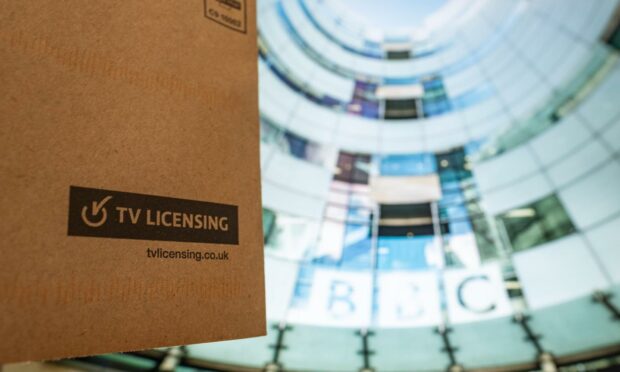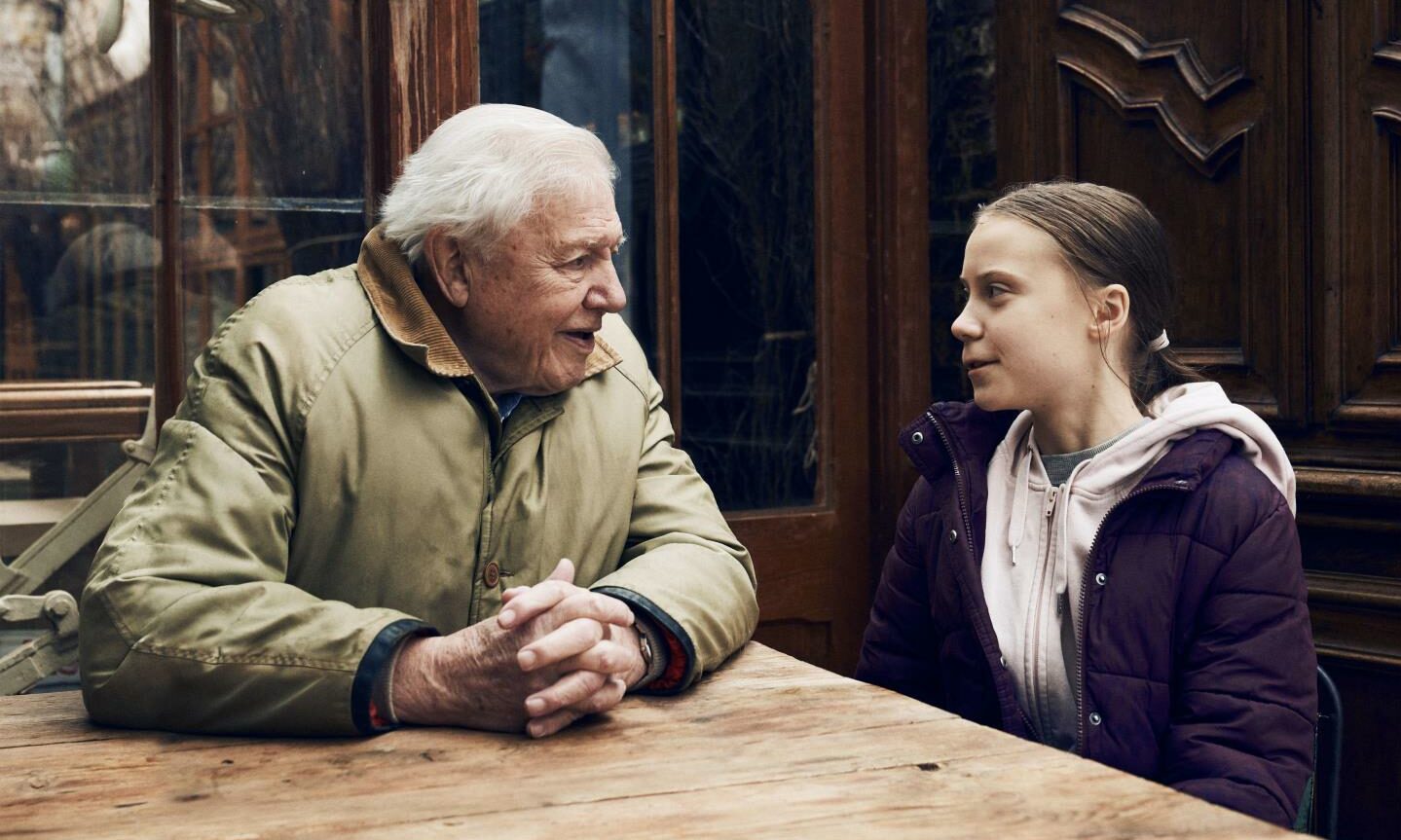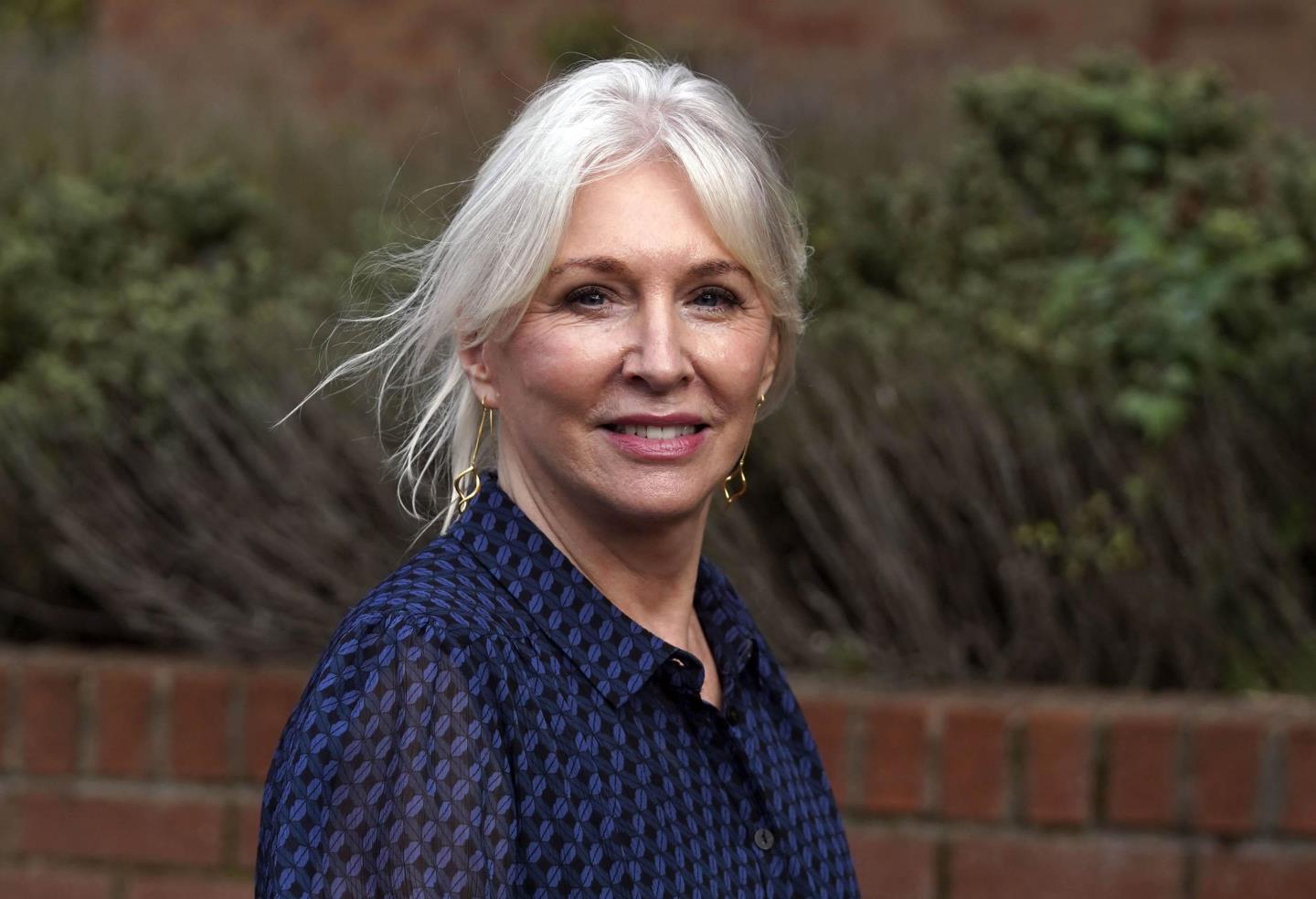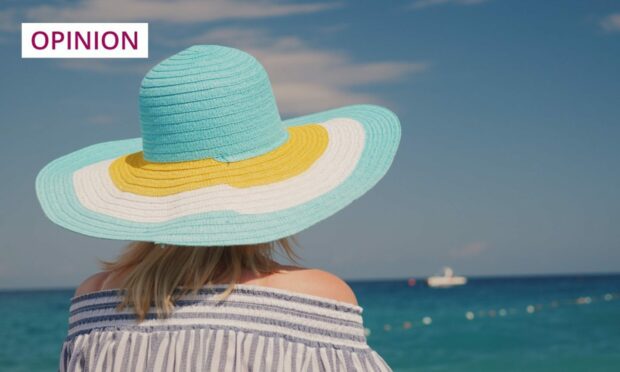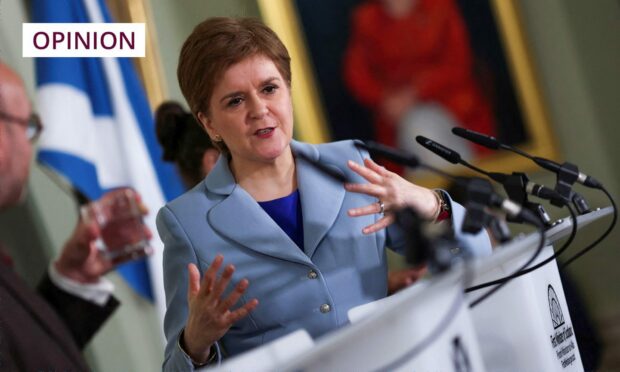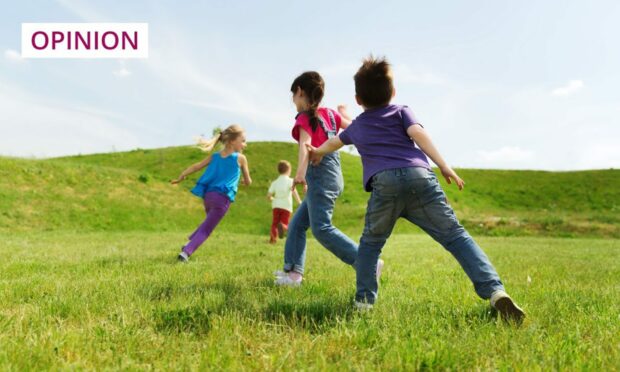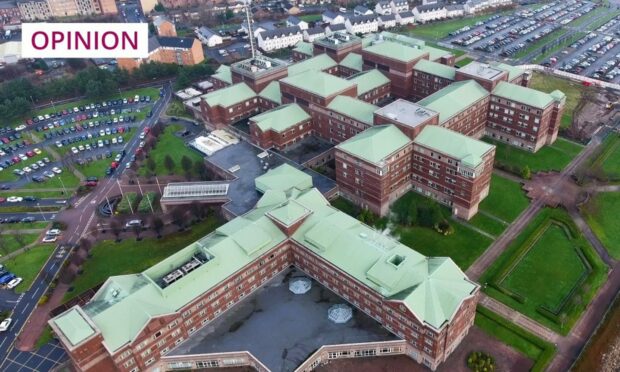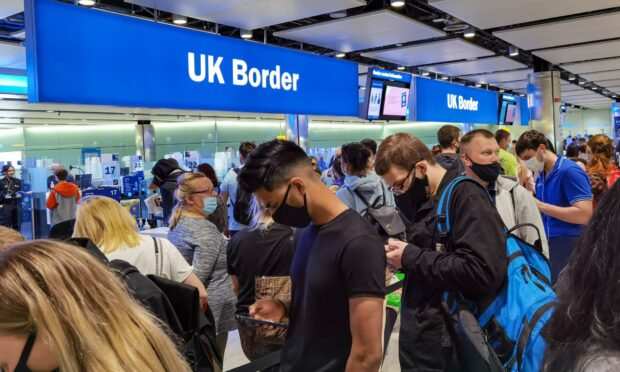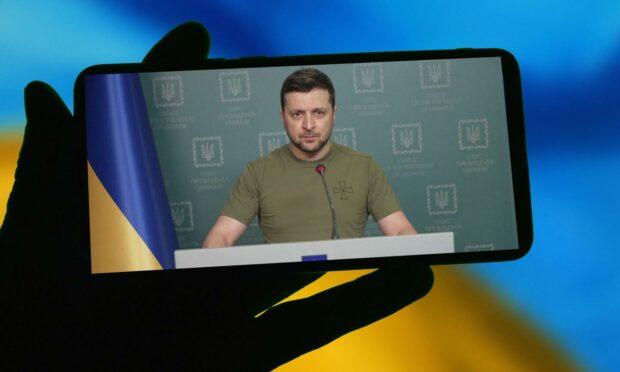Regular readers of this column will know that, as an ex-BBC journalist, I am a staunch supporter of the licence fee.
But, just recently, I heard a comment which led me to completely rethink this position.
It was during a news report about the alarming rise in the cost of living. A woman who was being interviewed on a city street commented that the only bill which hadn’t gone up was her BBC licence fee. And that got me thinking.
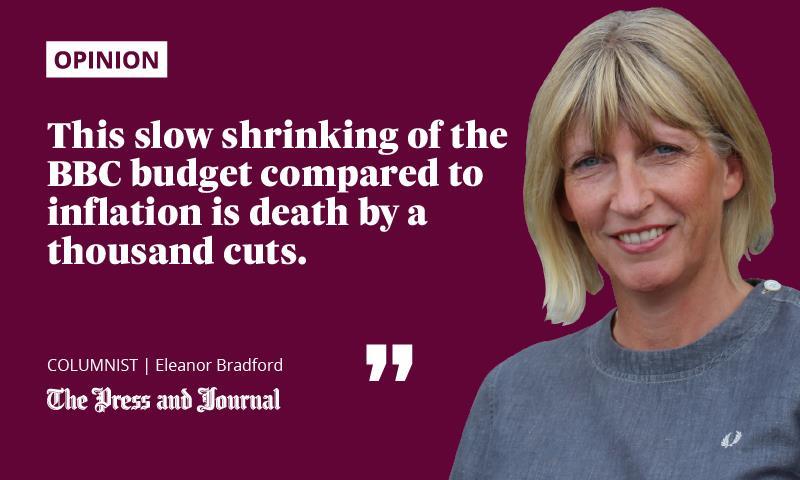
This slow shrinking of the BBC budget compared to inflation is death by a thousand cuts. Perhaps it’s time to imagine a world where the BBC has its own subscription service, alongside Netflix, Amazon and Disney.
We don’t know exactly what a subscription service BBC might look like, but here’s how I imagine it.
The BBC is something that belongs to all of us. #ThisIsOurBBC pic.twitter.com/1f5vJJRasy
— BBC (@BBC) February 2, 2022
Just £5 a month will buy you access to all the core BBC programmes you love – a subscription fee which is cheaper than the old licence fee. Admittedly, it’s all the programmes which have already been broadcast – it’s called the BBC Rewind Channel.
If you want the new, exciting content, that’s only an extra £10 per year, and is called BBC Plus. Yes, it’s a bit more than what you used to pay in the old days of the licence fee, but look at how much the BBC has changed.
It has been able to cast aside its boring charter obligation to cater to all audiences, and now popularity is the name of the game. In order to appeal to younger viewers, Sophie Raworth no longer narrates major royal events. In a popular move, RuPaul is the new BBC voice for state occasions.
All the David Attenborough you can watch – for £5 per month
The unit dedicated to sharing best practices in impartial journalism has been closed down, but the BBC is proud to announce that no jobs were lost. All staff were relocated to its new programme, Naked Island.
No, it’s not a David Attenborough documentary about the Shetlands, but a popular new reality TV series where a group of city dwellers have to learn how to cope when marooned on Jura completely nude.
Repeats of Only Fools and Horses have made “lovely” and “jubbly” two of the most recognised words globally
Speaking of David Attenborough, he now has his own channel. It only costs another £5 per month to subscribe.
The new commercial BBC is still committed to impartiality, of course, but now that it is no longer reliant on government support for a licence fee, it is completely free to cover the news agenda according to public demand. Gone is the tedious coverage of political party conferences, and also the programmes politicians feared, like Newsnight and Question Time, which failed to attract enough subscribers.
If you have a complaint about the broadcaster’s political coverage, you can call its 0300 number. Calls cost £1 per minute. Unfortunately, the team which used to answer every complaint have been relocated to the production of Love Island which has been bought from ITV.
The great news is that the Bake Off is back on the BBC, especially as the new BBC no longer takes a chance on new programmes and talent; the established ones are much safer, even if they are expensive.
BBC Rewind has proved popular all over the world, and repeats of Only Fools and Horses have made “lovely” and “jubbly” two of the most recognised words globally.
You did us all a favour, Nadine Dorries
The new BBC refutes that this has led to a reduction in Britain’s world influence. It is no longer the BBC’s role to bring impartial international news reports and educational programming to people living in single party states and developing countries.
Long gone are the days when the majority subsidised niche channels like BBC Alba and BBC Scotland. These were not commercially viable. But, the good news for Scotland viewers is that they have been replaced by the new TikTok Scotland channel, where Neil Oliver appeals to younger audiences by explaining Scottish historical icons in 10 second memes.
How antiquated the licence fee seems now that we look back on it from the new BBC subscription. To think of it: a world where a broadcaster felt duty bound to set standards, where endless time and energy was wasted on minority audiences, and where the organisation was forced to release commercially-sensitive figures, like the pay of its top presenters.
You did us all a favour, Nadine Dorries, when you signalled the end of the BBC licence fee.
How easy life is, now that we don’t have to bother with all that politically correct guff, and the public pays what these programmes are really worth.
Eleanor Bradford is a former BBC Scotland health correspondent and now works in communications in the education sector
